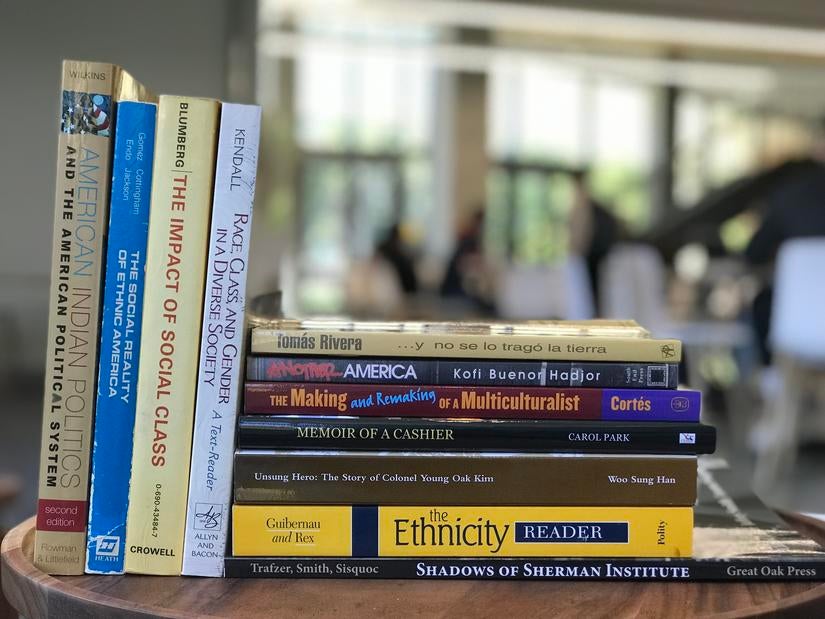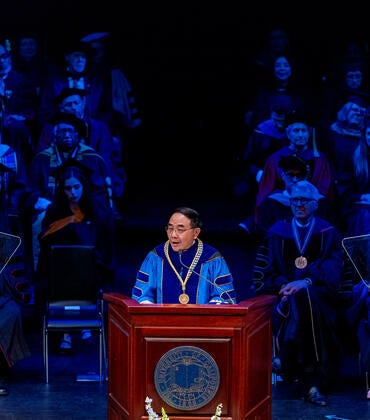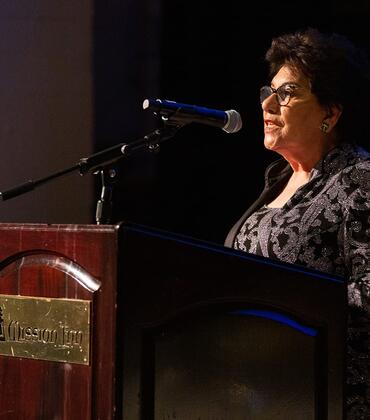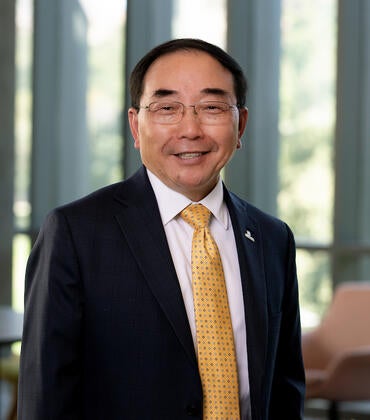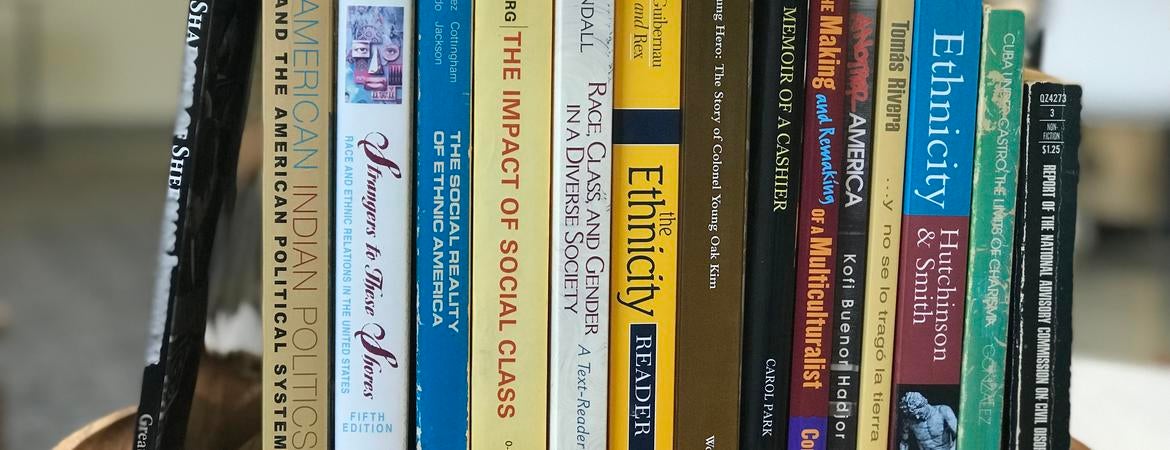
For more than a year, ethnic studies experts at UC Riverside have been working alongside University Extension to develop an ethnic studies professional development certificate for K-12 teachers.
California’s new Assembly Bill 101 — signed by California Gov. Gavin Newsom on Oct. 8 — requires all public high schools in the state to offer at least one ethnic studies course starting in 2025-26 school year and requires students graduating in 2029-30 to have completed one semester.
University Extension will become the state’s first continuing-education program to offer a professional development certificate in ethnic studies. The learning program will be completely virtual and begins Nov. 1.
“At University Extension, we were anticipating this news and have launched a teacher professional development certificate in ethnic studies education — the first of its kind in the state,” said Kevin J. Vaughn, UCR University Extension dean. “We want to offer our K-12 educators the training they need to be successful.”
Before SB 101 became law, University Extension had been working with Inland Empire school districts that had already been offering ethnic studies to their students, said Annette Webb, University Extension associate dean and director of education.
Prior to COVID, University Extension established an advisory board, including officials from Val Verde Unified School District; UCR School of Education Interim Dean Louie F. Rodríguez; School of Education Associate Professor Rita Kohli, who is the co-founder and co-director of the Institute for Teachers of Color Committed to Racial Justice and coordinator for the UCR Teacher Education Program's K-12 Ethnic Studies Pathway; and Frank Perez, UCR alum and current assistant professor of ethnic studies at Long Beach City College.
“The instructors that we hired to teach think of ethnic studies as a vehicle to teach racial and social equality, applicable to every grade level,” Webb said. “It’s competency in ethnic studies all across the board.”
AB 101 was written by Assemblymember Jose Medina, D-Riverside. Medina ’74 and M.A. ’84, consulted with Jennifer Nájera, Department of Ethnic Studies associate professor and chair. She said other UCR faculty have been working with state officials for years to change the K-12 curriculum. Among them is ethnic studies professor Edward Chang, who has been instrumental in helping California think about diversifying history books. Chang, founding director of the Young Oak Kim Center for Korean American Studies, has been involved with model curriculum focused on Korean American contributions, Nájera said.
Medina said he was excited to know that University Extension launched its ethnic studies certificate program immediately after California made ethnic studies a graduation requirement for high schools.
“As the author of this historic legislation and the Assemblymember for Riverside, I am proud that our community is leading the way,” Medina said. “I hope that this program will be the first of many — training faculty to teach and celebrate the diversity of our state.”
Now that the law has passed and with the curriculum in place, Nájera said, it is crucial to teach educators how to teach the curriculum.
“There’s an excitement in all of this because it means making ethnic studies accessible,” Nájera said. “It’s important for all students, but especially in high school because it helps students see themselves reflected in textbooks. It helps them form an academic identity sooner.”
University Extension courses will include history that reflects California’s rich diversity, Webb said.
“This certificate program is the result of a collaborative effort and years of partnership between UCR and school districts,” Webb said. “It has led to this creative new program.”
